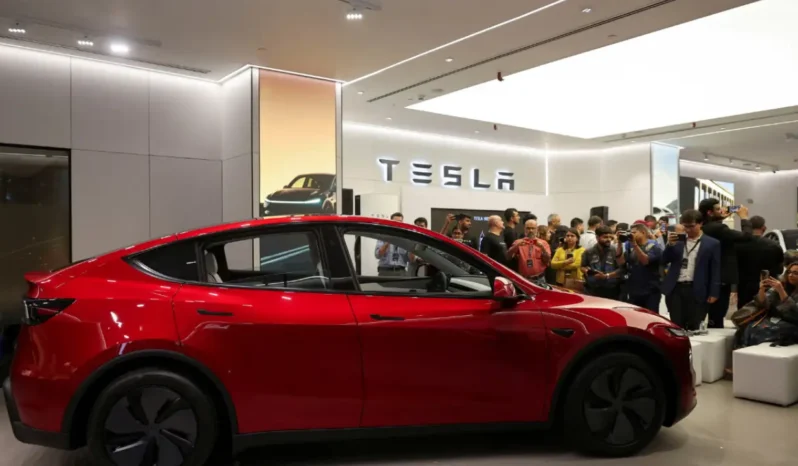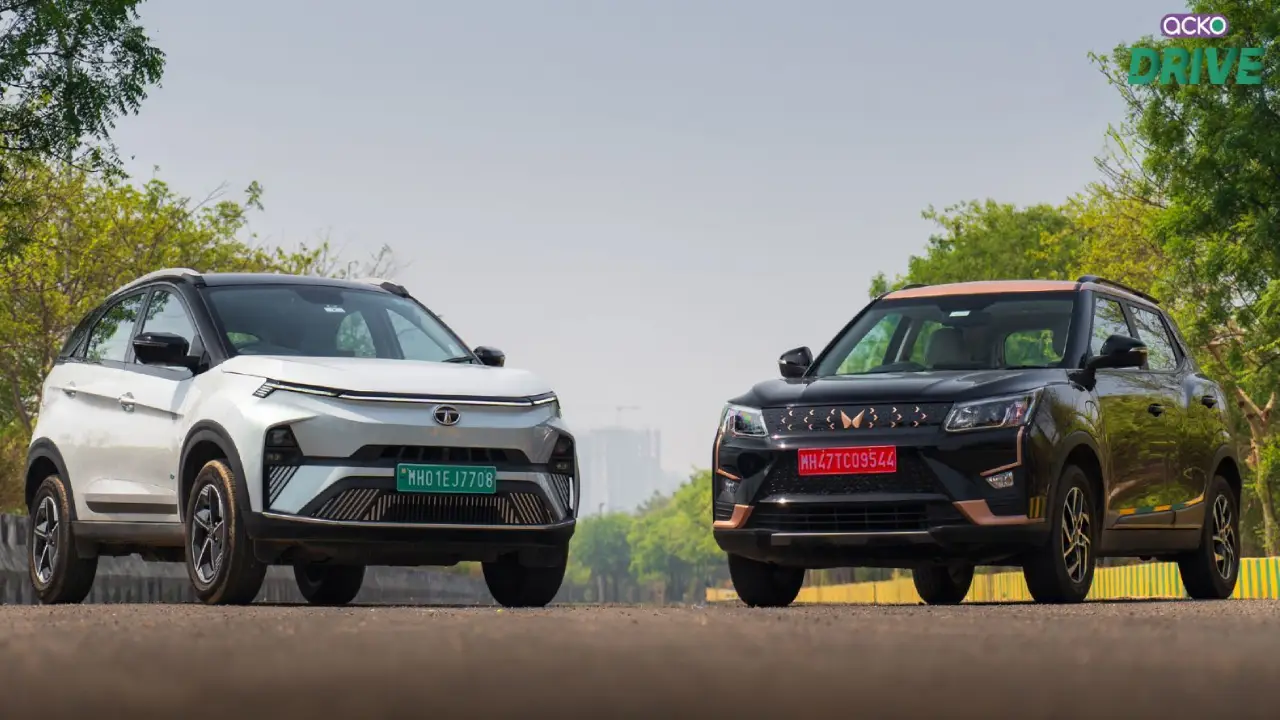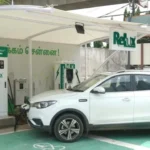Current discussions in India revolve around GST Hike on EVs. With suggested rates moving from 5% to as much as 18% or 28% for more expensive models. The step is going to affect the industry and buyers as the nation continues to pursue electrification targets.
Economic Impact: Affordability and Growth
The direct impact of a raised GST rate is higher car prices, putting premium EVs out of reach. Carmakers like Tata, Mahindra, BMW, and Mercedes-Benz have reacted with apprehension. Cautioning that the move could retard the pace of EV take-up. It will stifle local production incentives. Latest sales figures, with electric car sales up almost 90% in July 2025. Point to an expanding market that can threaten to run out of steam if prices spike.
GST Hike on EVs: Stakeholder Insights
Industry captains, such as top Tata Motors executives. Maintain that low GST is essential for industry growth. They believe that a stable, friendly tax regime induces investment, innovation, and competition between local manufacturers. Global brands, with higher levies to bear, may rethink their Indian operations if profitability nosedives.
Environmental and Social Impacts
India’s climate goals depend significantly on accelerated adoption of EVs. High-end models tend to set technology trends that eventually trickle down to mainstream customers. Higher GST discouraging upper-end sales could slow innovation. It will postpone the development of supporting infrastructure for more extensive EV usage. An about-face in policy now may jeopardize pollution abatement and undermine advancements toward global emissions targets.
GST Hike on EVs: Policy Alternatives
Experts suggest a calibrated approach. Keep supportive tax rates intact while providing sector-specific incentives for domestic production and infrastructure. Stakeholder engagement is crucial to prevent unintended reversals for clean mobility.
ELCTRIK Speaks
The suggested GST increase on luxury EVs poses substantial risks for market growth, domestic industry, and India’s green ambitions. Sensitive policy design, based on industry and expert feedback, is imperative to continue the country’s shift towards clean mobility.







